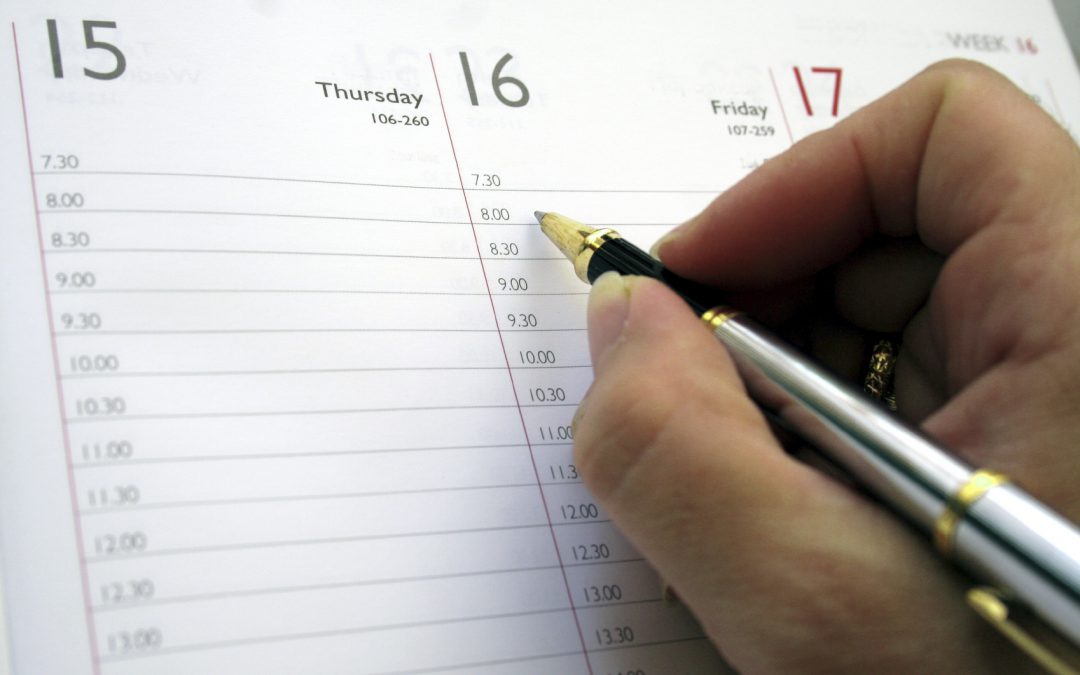An old proverb claims, “The shortest pencil is longer than the longest memory.”
And those of us still using paper planners can rest assured we are making the right decision, according to information contained on an article in the October 11, 2017 issue of Fast Company. The article references studies showing that taking notes by longhand helps you remember important meeting points better than tapping out notes on your laptop or smartphone. This could be a particular advantage for us older folks since most of us lose memory power as we age. It might also explain why some people are switching from smartphones to paper planners for their everyday planning activities.
We tend to understand and retain information better when we read from a hardcopy book as opposed to a digital version as well. In a study conducted by Anne Mangen, PhD, a professor at the Reading Center at the University of Stavanger, Norway, the researcher gave participants the same 28-page mystery story to read either on an Amazon Kindle or in print format. “We found that those who had read the print pocketbook gave more correct responses to questions having to do with time, temporality, and chronology than those who had read on a Kindle,” Mangen claimed. “And when participants were asked to sort 14 events in the correct order, those who had read on paper were better at this than those who had read on the Kindle.”
Writing down your “to do” list frees up working memory, imprints the items in your mind, allows time to evaluate their importance, and provides a motivational sense of accomplishment as you cross off each item.
People may think they are better at comprehending information when they read it on a digital screen because they can read much faster than those reading the text in paper format. But results of the studies show that the paper groups outperformed the digital groups on memory recall and comprehension of the text.
Mikael Cho, cofounder of Crew, claimed that “the separation from the digital space (where I do most of my work) to the physical, helped me feel less overwhelmed.”
The Fast Company article was quick to point out that this doesn’t mean you should start printing your emails in order to read them. Brief snippets of text don’t seem to make any difference.
A paper planner is a great tool for keeping more of your memories intact and slowing down the perceived passage of time. Not only does the act of writing in the appointments and scheduling the important projects and tasks help transfer them to your long-term memory, reviewing those pages after the fact helps solidify them in your memory. Research shows that thinking or talking about an event immediately after it occurs enhances memory for the event. That’s why it’s so important for a witness to recall information as soon as possible after a crime.
The greatest loss of memory is in the first hour or so of the event. By reviewing it in spaced intervals, you are fixing it in your memory. You want as much of the present as possible to be retained so you will recall it in the future. I schedule every significant event in my time planner, even after the fact. In other words when we spontaneously drop into a restaurant or go to a movie or visit friends, I write the details of that event in my planner when I get home. If it’s a restaurant, I take out the receipt and copy the name, address, and telephone number into that block of time, including the names of the people we might have been with at the time. It was unscheduled time; but it becomes scheduled after the fact.
By reviewing my planner, I am in effect reviewing my life. And I can readily justify this strange habit by the number of times I have retrieved phone numbers of great restaurants we wanted to revisit or to confirm the name of the movie we saw three weeks earlier or to get the name of our friend’s cousin who attended the dinner.
The pen is not only mightier than the sword, it’s a lot easier to carry with you – and does a better job of writing.


Recent Comments